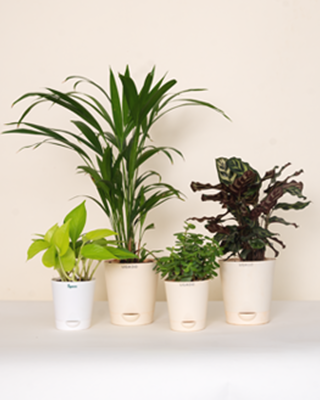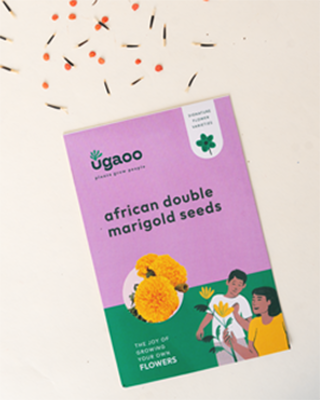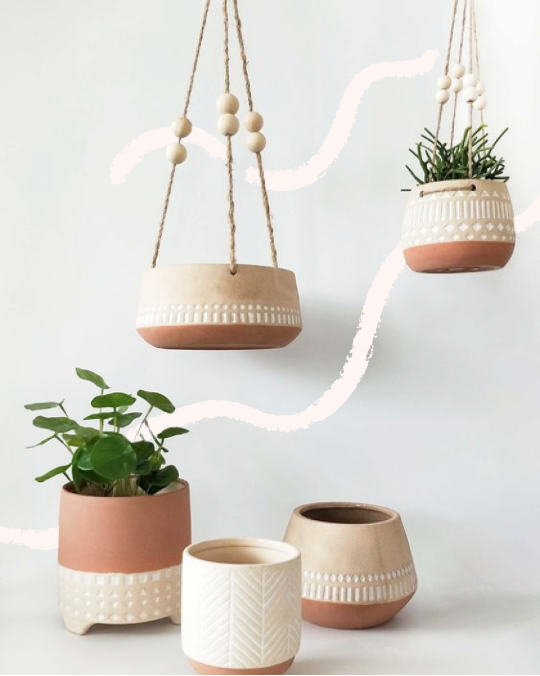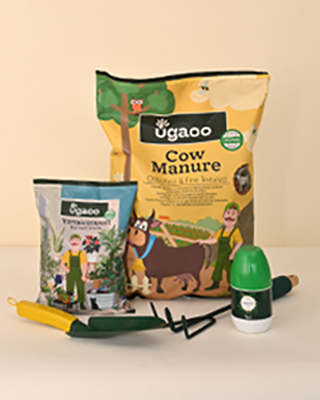
Rooftop gardens are built up through the installation of some key components to form a complete system. The components include following layers:
1. Waterproofing/ root barrier layer:
Waterproofing is arguably an essential prerequisite for a green roof. The primary function of a roof is to keep the building dry, and therefore this layer serves as a crucial defense against penetration of rainwater into the building.
Numerous waterproofing systems exist which include:
- Bitumen/asphalt roofing felt or bituminized fabrics.
- SBS modified bituminous membrane sheets set in SEBS polymer modified bitumen and coal tar pitch/polyester built-up systems.
- Fluid applied membranes.
- Concrete admixture.
2. Protection layer:
Protection layers are usually a nonwoven geotextile that protects the waterproofing from mechanical damage. The application of protective layers is critical if the drainage layer uses a primitive granular mix.
3. Lightweight fills and thermal insulating layers:
Lightweight fills are used to create differences in level, to liven up the flat surfaces and as a thermal insulating layer.
Lightweight fills include the following:
- Extruded polystyrene sheets
- Polystyrene cement
- Autoclaved aerated concrete
- Foamed concrete
- Other cement (perlite, vermiculite, and LECA)

4. Drainage/water storage layer:
The primary purpose of the drainage layer is to drain excess water or underflow as rapidly as possible to prevent prolonged saturation. There are three main types of drainage materials:
- Granular materials (Gravel, stone chips, broken clay tiles, clinker, scoria (lava rock), pumice, expanded shale or LECA.)
- Porous mats (made from recycled materials such as clothing and car seats and behaving much like sponges.)
- Lightweight plastic or polystyrene drainage modules (made of high-density polyethene.)
- A common type of proprietary water storage reservoir is made from molded expanded polystyrene and can store up to a maximum of 32 liters of water per square meters.
5. Filter layer:
To prevent clogging of the drainage or water storage layer a geo-fleece is used to filter out the silt from the planting medium above. The filter layer prevents the fine material from washing down into the drainage layer. Nonwoven filter layers are ideal for most circumstances.
6. The soil layer:
The recommended minimum thickness of soil for lawn turfing is about 40 cm while for shrubs and trees range between 1 to 1.5 m. The soil should be rich, lightweight, well aerated and have adequate water retention capacity.
Click here to buy ideal garden soil mix online in India.

7. Vegetation:
Once all these layers are correctly established, all kinds of ornamental plants can be grown in soft-scaping viz, lawn, ground covers, seasonal flowers, flowering and foliage shrubs, small to medium trees, cacti and succulents, etc.
8. Irrigation:
It is recommended to install semi-automatic drip irrigation system in rooftop gardens. Manual hose irrigation can be used only at the time of emergency. Sprinkler head systems are suitable for lawns.
Click here to buy watering tools online in India.
9. Maintenance considerations:
The maintenance operations of green roofs include waterproofing inspections, drainage inspections, removal of litter, electricity, and lighting, plant health inspections, replacement planting, irrigation, pruning, mowing and grass cutting, fertilizing, diseases and pest control and weeding.
You may want to read about How to Start a Terrace Garden in India.

Reference book: Ornamental gardening in India














